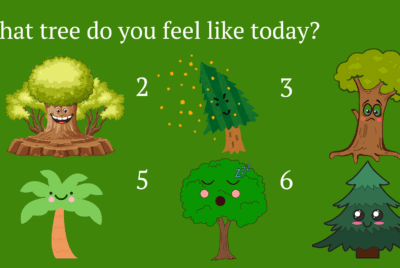RESEARCH
Effect of Nature Exposure on Perceived and Physiologic Stress: A Systematic Review
Summary
This systematic review examines how exposure to nature affects both perceived and physiological stress. The researchers analyzed 12 studies involving over 9,000 participants, including randomized controlled trials and observational studies. Results showed that spending time in natural environments, such as parks or green spaces, significantly reduced stress levels. Physiological markers like cortisol levels, blood pressure, and brain activity associated with stress were lower in individuals exposed to nature. Similarly, self-reported stress levels on validated scales were consistently lower in participants who had greater access to green spaces or engaged in nature-based activities like walking or listening to natural sounds.
The findings highlight the potential of nature exposure as a simple and effective intervention for reducing stress, which is a known risk factor for many chronic diseases. The review also underscores the importance of urban planning and healthcare policies that prioritize access to green spaces, particularly in densely populated or socioeconomically disadvantaged areas. While most studies supported the benefits of nature exposure, the authors noted some variability due to differences in study design and individual factors like socioeconomic status. Overall, the evidence strongly suggests that integrating nature into daily life can improve mental and physical well-being.







